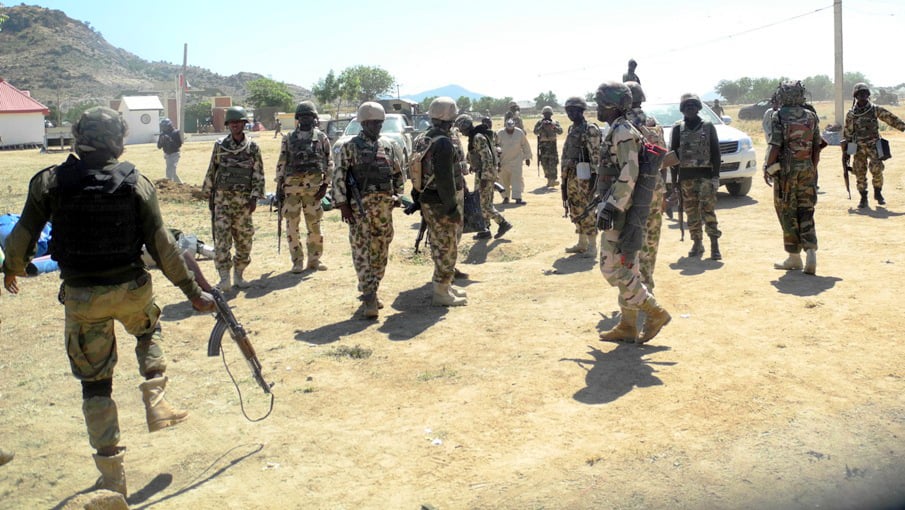SKY NEWS
A deadline for Niger’s coup leaders to stand down and reinstate the country’s elected president has arrived.
The Economic Community of West African States (ECOWAS) said on Friday its defence chiefs had drawn up a plan for military action if the junta, which has said it will not bow to outside pressure, did not comply by Sunday.
Hours before the deadline, supporters of the coup joined security forces in the streets of Niger’s capital Niamey to stand guard and check cars for weapons following a call from leaders to watch out for foreign intervention and spies.
“I’m here to support the military,” said Ibrahim Nudirio, one of the residents on patrol.
“We are against [the regional bloc]. We will fight to the end. We do not agree with what France is doing against us. We are done with colonisation.”
However, as the deadline arrived on Sunday, the city remained calm with wedding celebrations continuing across the city and sporadic signs of support for the junta, including a picket line of around 100 people near an airbase.
“I am not worried because I know that any military intervention by ECOWAS in Niger would be a loss for this organisation. It is not in the interest of its leaders,” said 59-year-old housewife Hadjo Hadjia.
ECOWAS sanctions have led to power cuts and soaring food prices but it was not immediately clear what the bloc will do next as it faces prominent calls to pursue more peaceful means.
Neighbouring Nigeria’s Senate on Saturday urged its country’s president, the current ECOWAS chair, to explore other options, although the bloc can still move ahead with military intervention as final decisions are taken by consensus of member states.
Non-members Algeria and Chad, countries with strong militaries in the region, have both said they oppose the use of force, while neighbouring Mali and Burkina Faso, which are run by juntas, have said any military intervention would be a “declaration of war” against them too.
The bloc has taken a hard stance since the 26 July takeover and had given the junta, led by General Abdourahmane Tchiani, a week to release and reinstate the elected President Mohamed Bazoum.
Mr Bazoum was elected two years ago in the nation’s first peaceful, democratic transfer of power since its independence from France in 1960.
He has claimed he is a “hostage” and said the coup, if successful, would have “devastating consequences for our country, our region and the entire world”.


